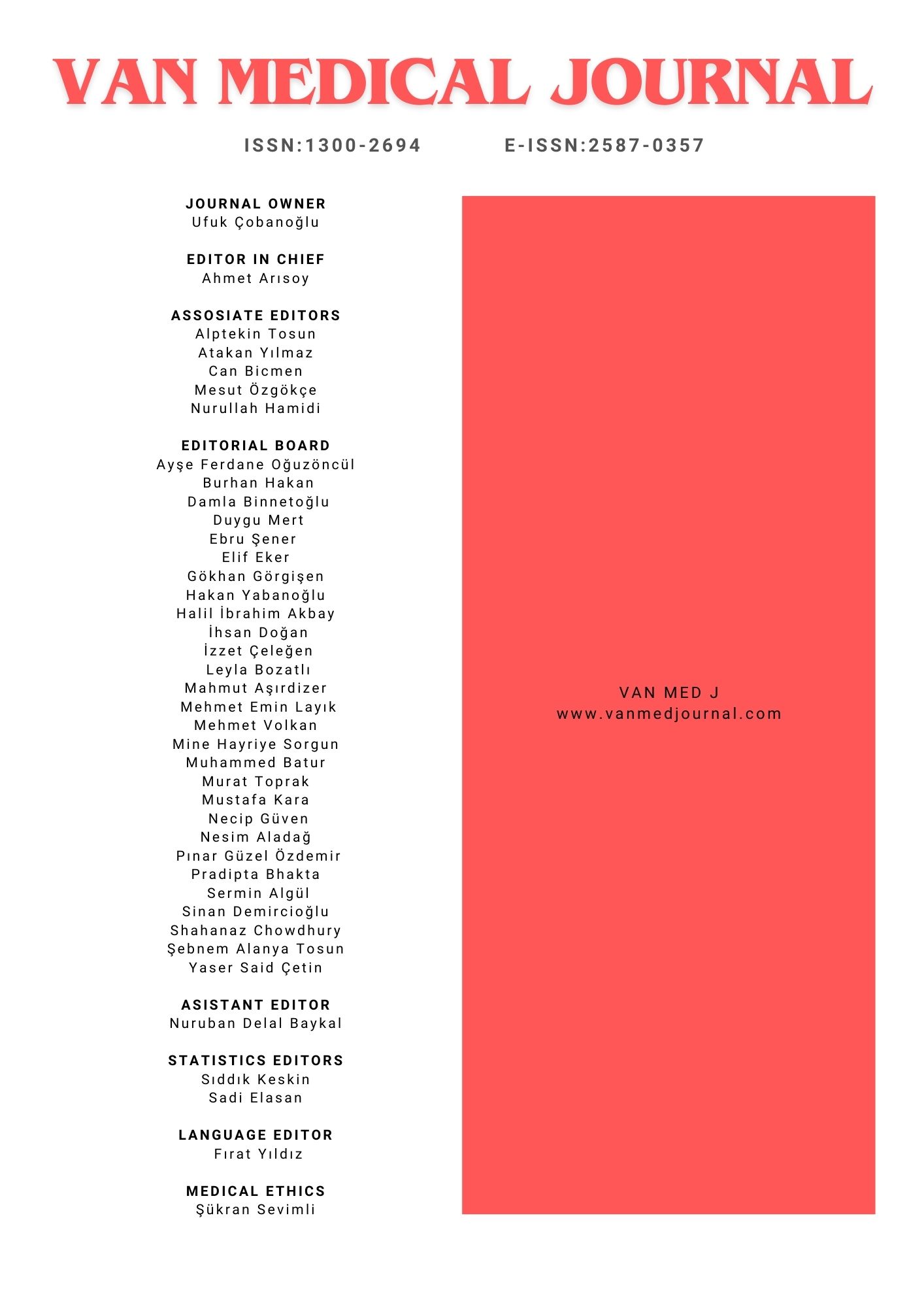The Effectiveness of CURB-65 and PSI Scores in Predicting Hospital Length of Stay in Patients Diagnosed with Community-Acquired Pneumonia in the Emergency Department
Murtaza Kaya1, Mustafa Kaan Oduncuoğlu1, Harun Yıldırım1, Abdil Çoşkun1, Ali Halici1, Yesim Tunc21Kutahya Healthy Sciences University, Medical Faculty, Department of Emergency Medicine, Kutahya, Kuyahya City Hospital Turkey2Kutahya Healthy Sciences University, Medical Faculty, Department of Biostatistics,Kutahya,Turkey
INTRODUCTION: Community-acquired pneumonia (CAP) is a major cause of infectious disease mortality and a burden on healthcare systems. CURB-65 and Pneumonia Severity Index (PSI) scores assess disease severity and guide hospitalization decisions, but their role in predicting hospital stay remains unclear. This study evaluates the effectiveness of CURB-65 and PSI scores in predicting hospital stay and their utility in forecasting ICU admission and mortality.
METHODS: This retrospective study included adult CAP patients admitted to the Pulmonology Department via the Emergency Department between September 2021 and September 2022. CURB-65 and PSI scores were calculated, and their correlations with hospital stay, ICU admission, and mortality were analyzed using SPSS 20.0.
RESULTS: A total of 82 patients (median age 67.69 years) were included. Patients hospitalized ≤7 days had a median CURB-65 score of 1 and PSI score of 83, while those >7 days had a CURB-65 score of 2 and PSI score of 115. CURB-65 scores ≥2 were linked to prolonged stays (>7 days) in 70% of patients, compared to 41% in those ≤7 days. PSI scores also differed significantly between groups (p < 0.01). Moderate positive correlations were observed between hospital stay and both CURB-65 (r = 0.411) and PSI scores (r = 0.472). ROC analysis showed an AUC of 0.754 for PSI, with 84.8% sensitivity and 46.9% specificity.
DISCUSSION AND CONCLUSION: CURB-65 and PSI scores effectively predict hospital length of stay in CAP patients, aiding clinical decision-making and resource allocation.
Keywords: Community-Acquired Pneumonia, Severity of illness Index, Length of Stay, Mortality
Manuscript Language: English

